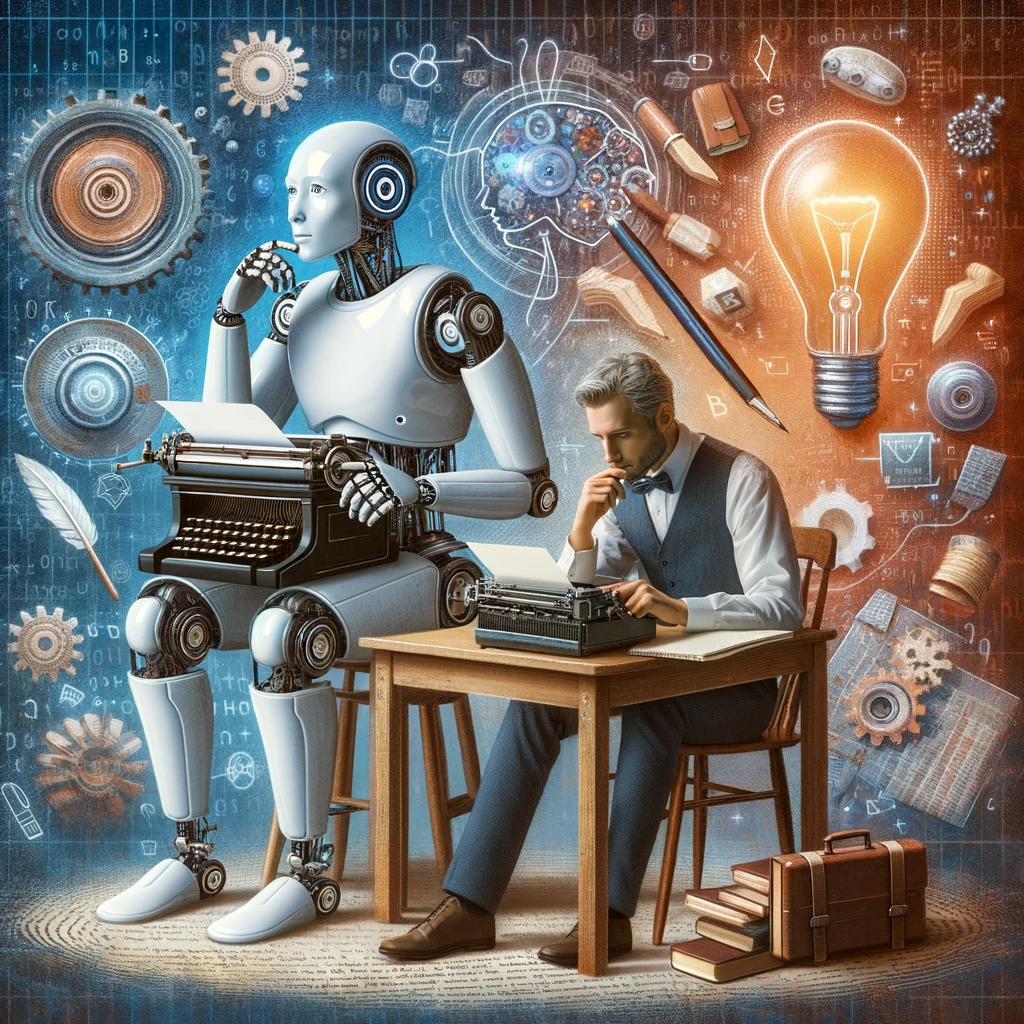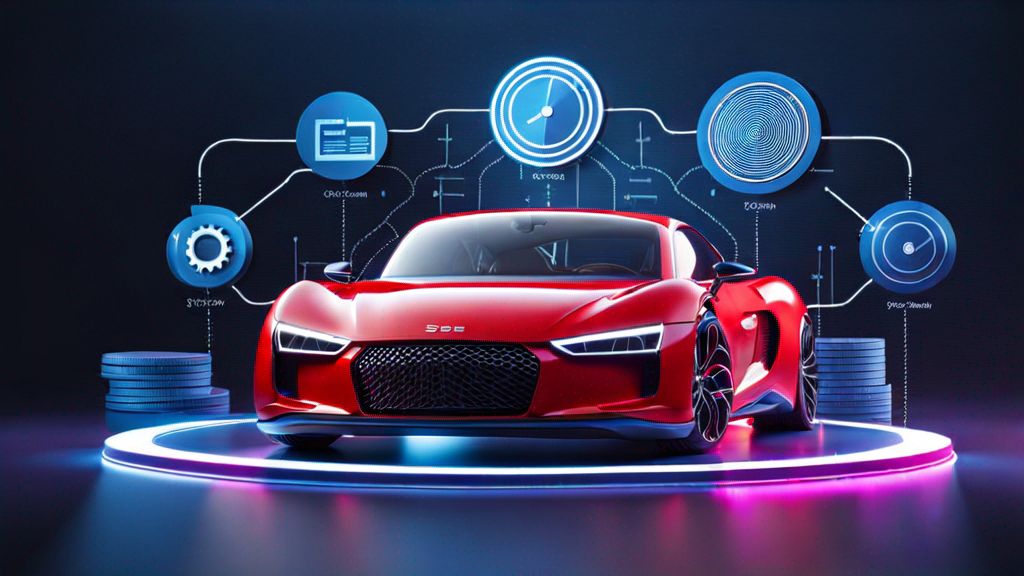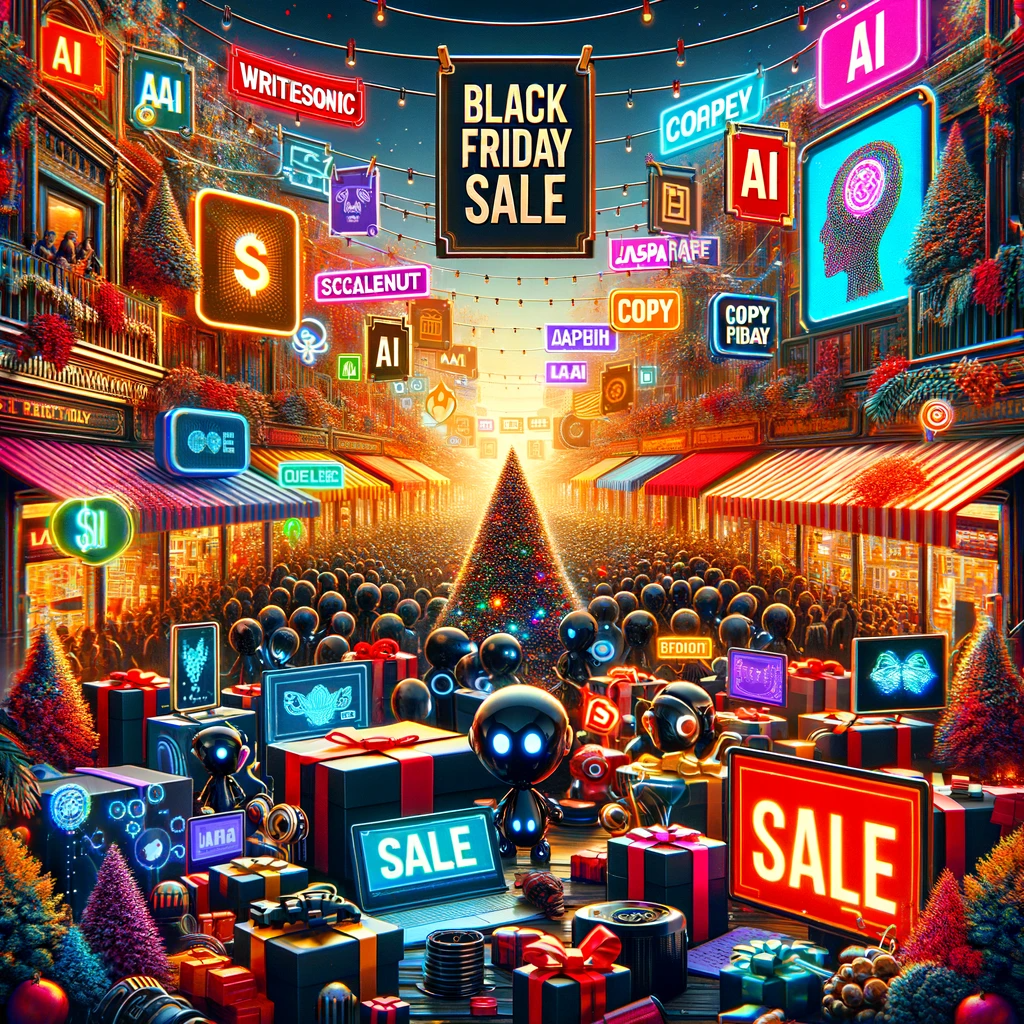In the wake of rapid advancements in artificial intelligence, a question that often emerges is whether AI will replace creative writers. As a professional writer who has closely followed the evolution of AI writing tools, I have quite a perspective on this topic, blending personal experience with industry observations.
Introduction: The AI Writing Revolution
The advent of AI writing tools has brought a seismic shift in the landscape of content creation. From generating articles to crafting stories, AI’s capabilities have expanded significantly. However, the thought of AI completely replacing human creativity in writing raises both intrigue and concern.
The Capabilities of AI in Writing
AI writing tools, such as AI text generators and content creation software, have demonstrated impressive capabilities. They can produce coherent and contextually relevant text, adhere to specific writing styles, and even mimic certain creative patterns. However, my experience has shown that while AI can assist in the writing process, it lacks the depth of human emotion and experience that is often central to creative writing.
The Human Touch in Writing
Creative writing is an art form that goes beyond mere words on a page. It involves emotional depth, cultural nuances, and an understanding of the human condition – aspects that are inherently human. In my own writing journey, the most resonant pieces have always been those that stemmed from personal experiences, emotions, and insights – elements that AI currently cannot replicate.
AI vs. Human Writers: A Comparative View
- Creativity and Originality: AI can generate content based on existing data and patterns, but it lacks the ability to be truly original or creative in the human sense. It doesn’t experience life, emotions, or the unique thought processes that shape human creativity.
- Understanding Context and Nuance: While AI has made strides in understanding context, it often misses the mark in grasping the subtleties of human communication. As a writer, I’ve noticed how nuanced expressions and cultural references can drastically alter the meaning and impact of a piece – something AI is yet to fully comprehend.
- Emotional Intelligence: One of the key elements in creative writing is emotional intelligence – the ability to evoke emotions in the reader. AI lacks this emotional depth, which is a cornerstone of effective storytelling and creative expression.
The Complementary Role of AI in Creative Writing
In my professional experience, AI can be a valuable tool for assisting with certain aspects of writing, such as brainstorming ideas, generating initial drafts, or even overcoming writer’s block. However, the final touch, the essence that makes a piece truly captivating, comes from the human writer.
The Future of AI and Creative Writing
The future is likely to see a collaborative relationship between AI and human writers. AI can augment the writing process, handle more mundane tasks, and provide data-driven insights. However, the core of creative writing – the storytelling, the expression of human experiences, and the emotional connection – will remain a uniquely human domain.
Conclusion: Embracing AI as a Tool, Not a Replacement
As a writer in the age of AI, I believe that AI will not replace creative writers but rather change the way we write. It presents us with tools to enhance our creativity, not supplant it. The essence of writing – conveying stories, emotions, and experiences – is deeply human and irreplaceable. AI can enhance our abilities but cannot replicate the soul of human creativity.




